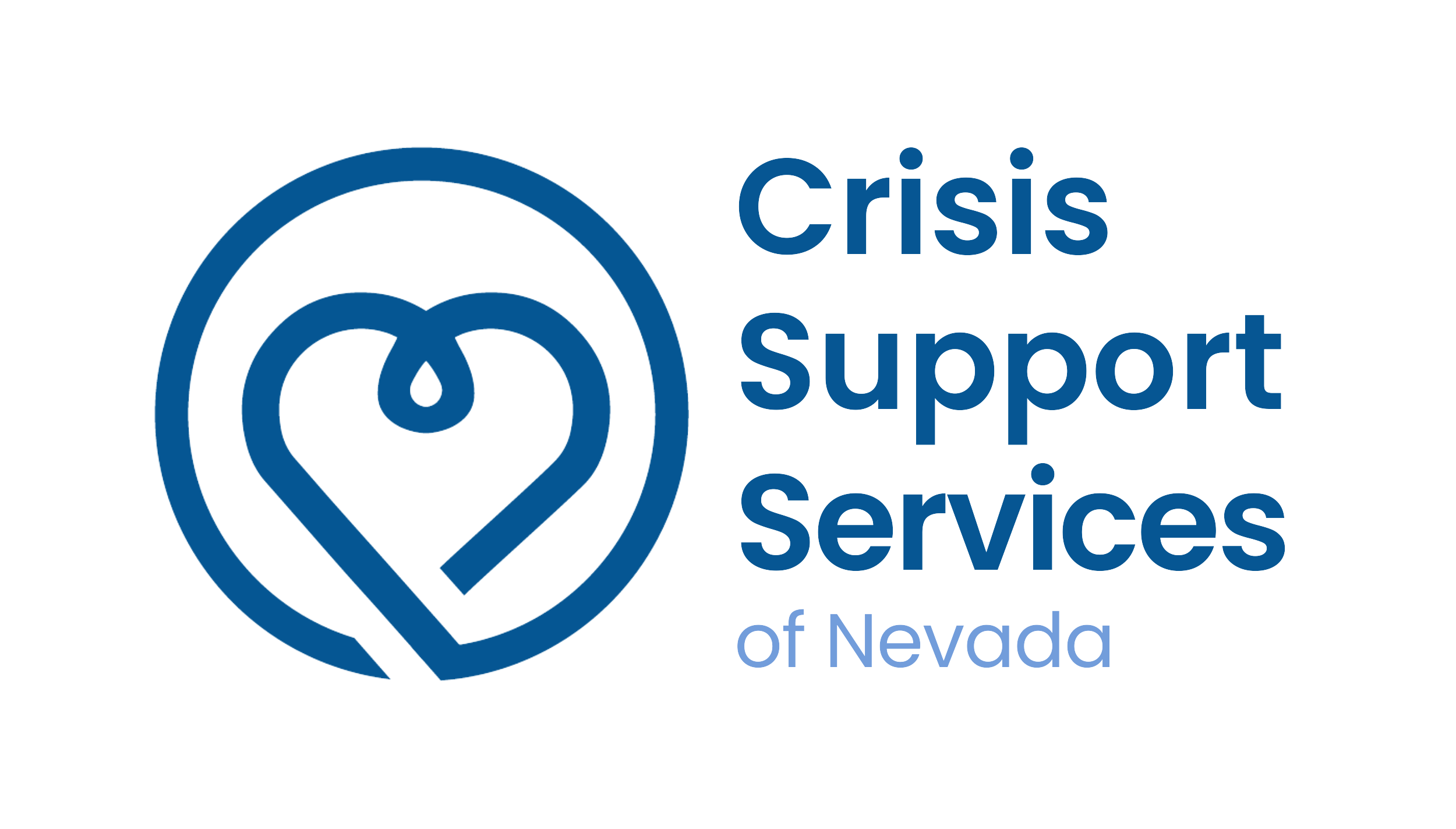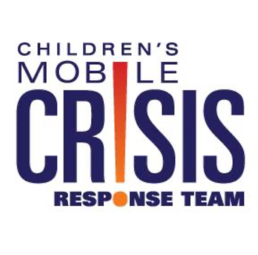Suicide is the second leading cause of death for young people between the ages of 10 and 24. Anyone can feel suicidal, but young people often feel ignored and like their thoughts of suicide aren’t being heard. But there is help out there. You are not alone.
How To Get Help
Reach Out For Help
Let someone know you’re feeling this way. If no one knows, then nobody can help. Think about who you trust the most or someone who may know what you’re going through, and make your feelings heard. The National Suicide Prevention Lifeline is also available 24/7 if you feel like no one else will listen or understand; your calls are always confidential.
Evaluate Your Feelings
Suicidal feelings can stem from untreated mental health issues, but they can also be exacerbated by your situation or surroundings. Think about what might be worsening these feelings. Is it related to certain people or places? Can you avoid these situations to help lessen your suicidal feelings?
Believe in Yourself
Life can be hard, but feeling suicidal can make life feel impossible. Remember that you’re not alone, but you’re capable of great things on your own, too! We all feel helpless or lost at times, but you have the ability to overcome anything life may throw at you. Consider what you do like about yourself and your life instead of focusing on the bad.
How to Prevent Teen Suicide
Listen to What They’re Saying
It can be easy to listen to someone’s feelings, but not hear what they’re saying. If someone you know is describing their feelings to you don’t interrupt them and empathize with them. Make sure they know you’re listening and that you’re trying to understand.
Don’t be Afraid to Use The Word ‘Suicide’
Someone who is struggling with thoughts of suicide may never use the word Suicide or Suicidal to describe their feelings. If you feel like they may be suicidal, don’t be afraid to ask. Statistics show that bringing up suicide won’t give someone the idea for suicide, but when people are afraid to bring it up then suicidal individuals may feel like they shouldn’t bring it up.
Learn the Warning Signs
Not everyone can communicate their feelings, especially with subjects like suicide, but changes in behavior, like sudden reckless choices, can indicate that a person is struggling with their life or emotions. Learn the warning signs for teen suicide.
FAQs About Teen Suicide and Other Youth Issues
If you are having thoughts of suicide, call the crisis hotline 24/7 at 988. You can also text 988 or visit the Lifeline chat to chat with a caring counselor. Someone is here for you day and night. It can be really scary to pick up the phone and call or text, but we care and are here to help you. No matter what you’re going through, you are not alone. Reach out.
If you are concerned about someone, call the crisis hotline at 988. We can talk with you and help you assess risk, as well as give tips for how to talk with your loved one openly and without judgment about what they’re going through. Learn more about the warning signs for depression and suicide.
If they have attempted suicide, call 911. If the person is safe right now and you want to talk with someone about your concerns, call Crisis Support Services of Nevada 24/7 at 988. You can also text 988 or visit the Lifeline chat to chat with a caring counselor.
Not knowing how to help a friend can be scary. If you feel your friend is in immediate danger, call 911. If your friend is safe right now and you want to talk about ways you can talk with your friend about what they are going through, call Crisis Support Services of Nevada 24/7 at 988. You can also text 988 or visit the Lifeline chat to chat with a caring counselor.
Supporting someone during a mental health crisis is difficult. If you don’t know what to say, let your friend know that you are there for them if they need to talk. Offering unconditional support is important, but remember to take care of yourself, too. If you feel overwhelmed by what’s going on, talk with a trusted adult or call or text Crisis Support Services of Nevada and talk about it.
If a person under the age of 18 is feeling suicidal and feels like their home life is intensifying these feelings or their family isn’t providing enough support, you can report your concerns to Child Protective Services. There are resources available in every state that can provide the support these at-risk youth so desperately need. If you think they need help, then don’t hesitate to reach out! In Nevada, call 1-833-803-1183. For anywhere else in the U.S., call the National Child Abuse Hotline at 1-800-422-4453.
Child abuse and neglect can take many forms. There’s no excuse for child abuse. Everyone deserves to be in a safe environment. It is important to report child abuse and neglect so the individual can get help.
If a child is being harmed or neglected, contact your local Child Abuse Hotline or Child Protective Services office and ask to make a report. You can do this anonymously, and you can also report on your own situation. If you’re not sure it’s abuse, call and ask. Also, if a family has trouble with basic necessities, such as food, shelter, or clothing, please reach out. It’s possible that the family may be eligible to receive assistance or can be given resources they might not know about. In Nevada, call 1-833-803-1183. For anywhere else in the U.S., call the National Child Abuse Hotline at 1-800-422-4453.
Additional Resources for Teen Suicide Prevention
Supports Nevada youth and families of youth under the age of 18 showing signs of behavioral or mental health issues that pose a threat to the child’s stability within their home, school, or community.
Provides direct crisis intervention and suicide prevention services to LGBTQ youth ages 13-24.
The ultimate resource to empower youth to prevent and end dating abuse.
A safe space for youth to discuss and share stories about mental health and wellness.
An online message board, a safe space for for LGBTQ youth age 13-24 to communicate with peers going through the same things.
Delivers vital reproductive health care, sex education and information to millions of people worldwide.
Dedicated to the prevention of the “Silent Epidemic” of youth suicide through educational and awareness programs.
Educational resources for recognizing signs of teen suicide and how to take action for teen suicide prevention.
Provides Nevada and national resources for suicide prevention.
We’re here to help. 24/7.
If this is an emergency, please call 911.






